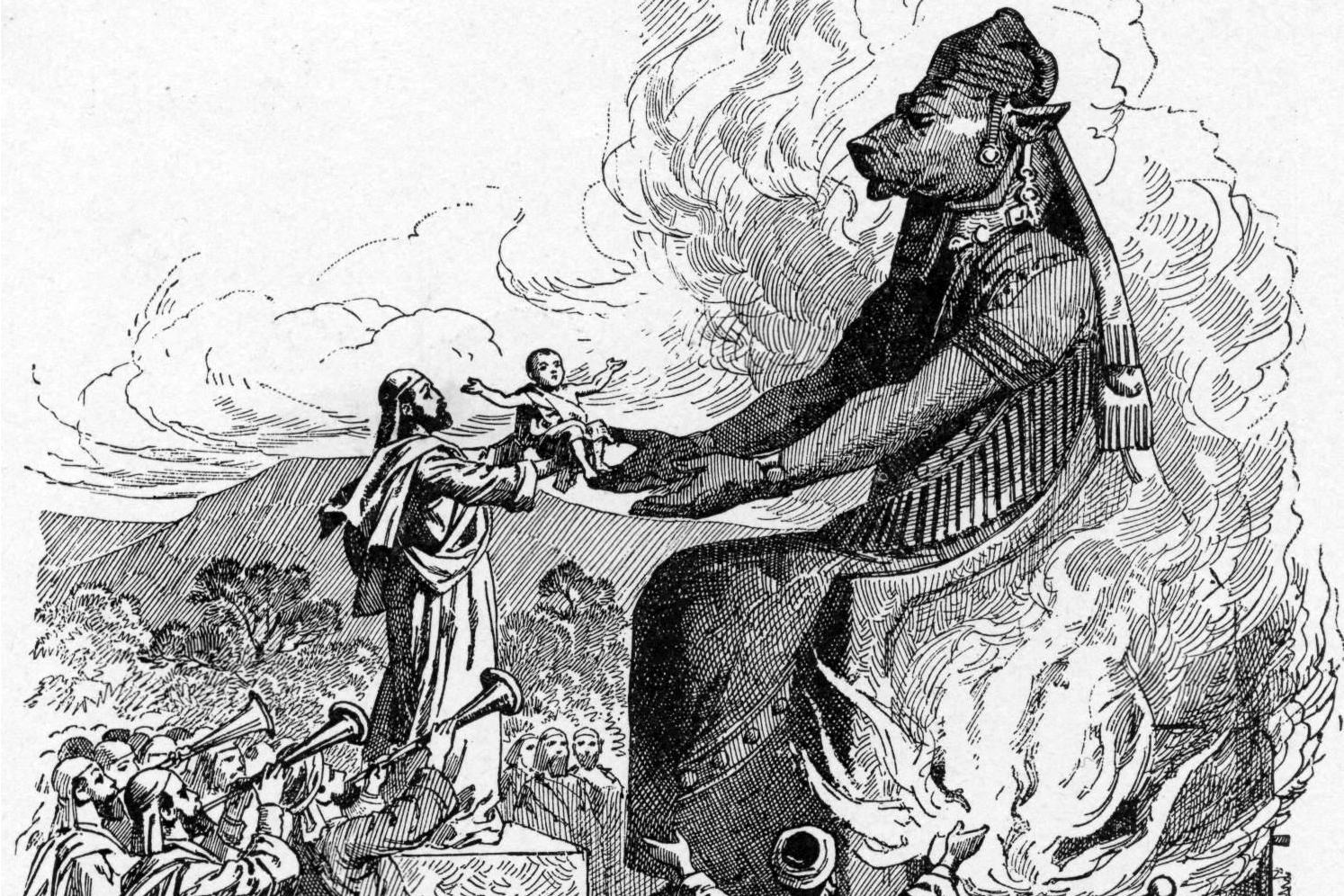As we start a new season of Caleb’s Journal, and as we start any new season in life, it is good to take a moment to stand still and consider the road ahead. Where are we headed and how do we get there?
In our uncertain world discerning the road ahead is difficult. We can not yet see the beautiful vistas that are be revealed, or the obstacles that may impede our journey.
Many of us feel overwhelmed with the challenge of discerning how to live the authentic Christian life in an increasingly secular world. How do we navigate the challenges that we face in order to remain true to that which we believe in?
Something that has provided me with strength and guidance in this matter has been to look at how the ancient Hebrews looked to the future. They had a radically different approach to what we have today. It is a lesson that was shared with me several years ago, and today I want to share it with you.
The direction of Hebrew vision
Today we consider the future to be in front of us. It is something that we face, like we see in the expression “facing the future”.
If we were to illustrate our life journey as a road, we would be standing on it with the direction of our vision being forwards, in the direction of travel, towards the future.
However the ancient Hebrew approach was radically different. Their vision was not directed forwards into the future, rather it was turned around 180 degrees. They approached the future backwards – the direction of their vision facing the past.
The Hebrew Perspective of past & future
In Hebrew the past is expressed with the word תמול (temol, Strongs #8543). This word literally means “yesterday”. Where it gets interesting is when we look at the root from which this word תמול (temol, Strongs #8543) is derived from. It is derived from the root word מל (mul, Strongs #4136), which means “in front of”.
Just hold this thought as we look at the Hebrew word for future.
The future is expressed with the Hebrew word מחר (machar, Strongs #4279), which literally means “tomorrow”, and is derived from the Hebrew root אחר (achar, Strongs #309), which means “to remain behind”.
So the Hebrew approach is that the past is “in front of” and the future is “behind”.
The perspective of the ancient Hebrews was to face the future backwards – whilst moving forwards in time his eyes were focused not on what was to be, but on what had already been.
Direction of vision determines control
Man has a natural desire to want to know the future, and he seeks to influence his control over the events of his life in order to secure it. This desire is reinforced by many of the self-help gurus of our generation who proclaim that man can achieve whatever it is that he puts his mind to.
When man looks into the uncertainty of the future with a forward facing vision the only frame of reference that he has is himself. By applying his “knowledge of good and evil” he seeks to navigate the uncertain road ahead, attempting to shape the circumstances of his life in order to achieve his vision.
This thought process has man sitting on the throne of his destiny.
However the scriptures tell us that the future belongs to Almighty God and that it is His purpose that will be established. In the book of Isaiah we read:
“I am God, and there is none like me, declaring the end from the beginning and from ancient times the things not yet done, saying, ‘My counsel shall stand, and I will accomplish my purpose.’”
Isaiah 46:9-10
Therefore as the Almighty God holds the future, would it not be better for man to shape his desires to suit the providence and will of God, rather than attempt to shape the circumstances of his life in order to manifest his own desire?
Direction of Vision and desire
This change in desire can only be achieved when the perspective with which man faces the future is changed.
When the Hebrew perspective of facing the future backwards is adopted the focus shifts. Man’s focus shifts away from relying on self and his own understanding of the knowledge of good and evil, and towards the demonstrated reliability of Gods’s faithfulness and righteousness.
As man approaches the future by focusing on what has been, rather than on what is to come, he sees the continual faithful and loving action of God on his behalf. He sees that Christ has laid down His life for him, so that he can be reconciled to the Father and made His own child. He sees that God has upheld him through his previous trials – just as He upheld the nation of Israel when He saved them from Egypt. He see how God has always been faithful to His people.
How a backwards vision instills hope
When our vision is focused on the demonstrated faithfulness of our Almighty God we can step into the future in hope.
We can not see into the future – that belongs to God alone. In the Hebrew perspective it lies out of sight, as it lies behind us. But we can step into it in hope – as the vision that is in front of us tells us the same thing over and over. God is for us, He is not against us, and come what may absolutely nothing can seperate us from the love of Christ.
Jeremiah gives us a suggestion as to how we should approach the future. In Jeremiah 6:16 he says:
Thus says the LORD: “Stand by the roads, and look, and ask for the ancient paths, where the good ways is; and walk in it, and find rest for your souls…”
Jeremiah 6:16
Making decisions with certainty
When we come to that cross road in our lives, when we need to make that seemingly difficult decision, let’s fix our eyes on the ancient path. Instead of looking into the future and applying our knowledge of good and evil in order to establish our kingdom vision let us enter it facing backwards – focusing our eyes on the faithfulness and righteousness of our Almighty God. This increased focus on Him will shape our desires so that we can humbly say “not my will but yours be done”.
By basing our decisions on this principle we will remove ourselves from off His throne, and become the tools through which He manifests His Kingdom.



